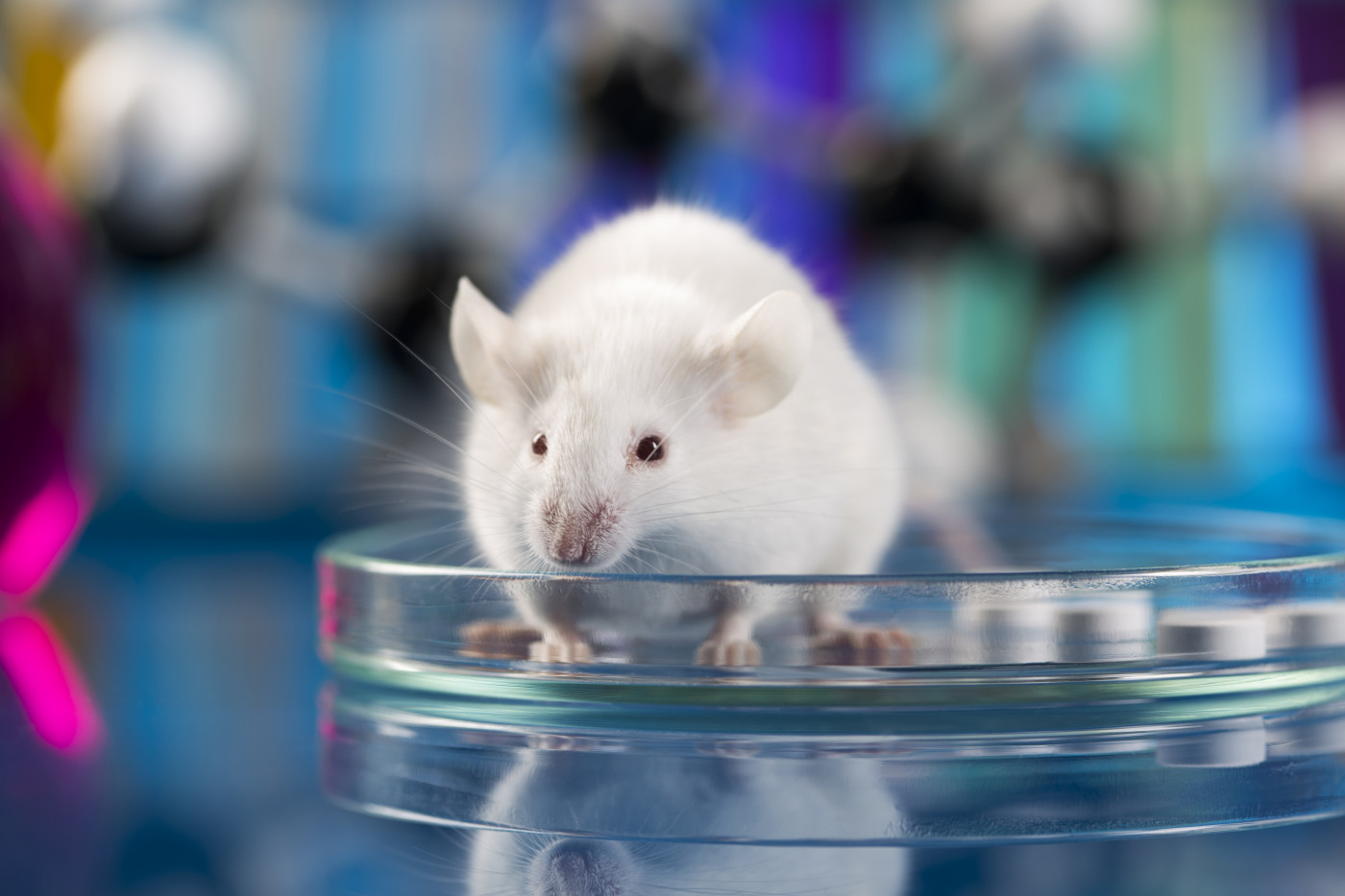KER-012 Found to Prevent Increased Scarring in Rat Model of PAH
Written by |

Keros Therapeutics’ experimental therapy KER-012 prevented increases in the levels of markers for inflammation, fibrosis (scarring), and heart damage in a rat model of pulmonary arterial hypertension (PAH), a study shows.
“We believe that the current study supports that KER-012 has the potential to treat PAH in patients without dose-limiting increases in red blood cells,” Jasbir S. Seehra, PhD, Keros’ president and CEO, said in a press release.
The therapy, also known RKER-012, showed signs of a favorable safety profile, without increasing “red blood cells in both rats and non-human primates, which can result from inhibition of this pathway,” said Seehra, who called the findings “exciting.”
A type of pulmonary hypertension, PAH is characterized by the narrowing of the pulmonary arteries, restricting blood and oxygen flow, and raising blood pressure (hypertension).
“PAH is associated with imbalanced signaling in the [TGF-beta] pathway, and the results of this study suggest that KER-012 prevented disease progression in this PAH model, which we believe supports our hypothesis that rebalancing signaling by inhibiting certain ligands [binding molecules] may provide benefit in PAH,” Seehra said.
The preclinical results were presented in a poster, “RKER-012, a Novel Activin Receptor Type IIB (ActRIIB) Ligand Trap, Reduced Cardiopulmonary Pathology in a Rodent Model of Pulmonary Arterial Hypertension,” at the virtual American Thoracic Society 2021 International Conference, running through May 19.
Arterial narrowing in PAH is caused by pulmonary vascular remodeling, a process that involves the uncontrolled growth of smooth muscle cells, progressively thickening the arterial walls.
Given as an under-the-skin (subcutaneous) injection, KER-012 is designed to bind and trap TGF-beta ligands that typically bind to the activin receptor type-2B (ActvRIIB), including activin A and B.
These two ligands are involved in the regulation of bone morphogenic protein (BMP) signaling — known to play a key role in the maintenance of healthy lung blood vessels.
Since impaired BMP signaling in the lungs is thought to drive PAH development and progression, KER-012 is expected to help restore BMP signaling and treat vascular remodeling in PAH.
“However, targeting ActvRII can also cause profound [red blood cell-related effects], including increasing red blood cell (RBC) production, a potentially dose-limiting effect for PAH,” the researchers wrote.
In this study, the therapy’s safety and its effects on several relevant markers were assessed in adult male rats with induced PAH-like disease given an under-the-skin injection of either 10 mg/kg of KER-012 or a type of placebo — a vehicle with no KER-012, as a control — twice weekly for four weeks (about one month).
Consistent with PAH progression, the control rats showed significantly higher levels of PAI-1 — a marker of vascular remodeling — and alpha-SMA, a marker for smooth muscle tissue, as well as increased arterial wall thickness, compared with healthy animals.
These rats also showed trends toward greater levels of heart damage markers — atrial and B-type natriuretic peptides (ANP and BNP) — enlargement of the heart’s right ventricle, and higher numbers of neutrophils, which are immune cells involved in inflammation.
In contrast, rats given KER-012 showed PAI-1, alpha-SMA, ANP, and BNP levels that were comparable to or even lower than those found in healthy rats. The treated rats also had neutrophil counts comparable to or even lower than those of healthy rats. In addition, the therapy reduced arterial wall and right ventricle thickness.
The scientists also noted that KER-012 had no effect on the levels of other immune cells and red blood cells in these rats. Likewise, previous studies in healthy non-human primates, a model highly translatable to humans, according to Keros, showed that the therapy did not increase red blood cell counts.
These findings suggest that KER-012 may safely and effectively reduce or prevent PAH-associated inflammation, vascular remodeling, and heart damage.
“We believe these results, along with a lack of effects of RBCs, provide early evidence that KER-012 has the potential to treat human PAH,” the researchers wrote.
“Future studies will investigate the efficacy of KER-012 in reversing the course of established disease,” the team added.
Keros also is evaluating KER-012 as a potential treatment for disorders associated with bone loss, such as osteogenesis imperfecta and osteoporosis.



